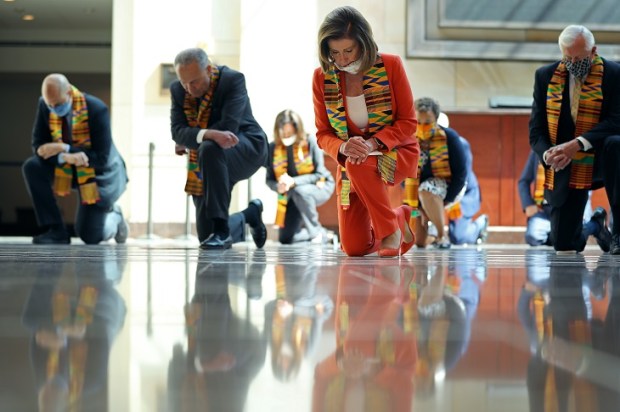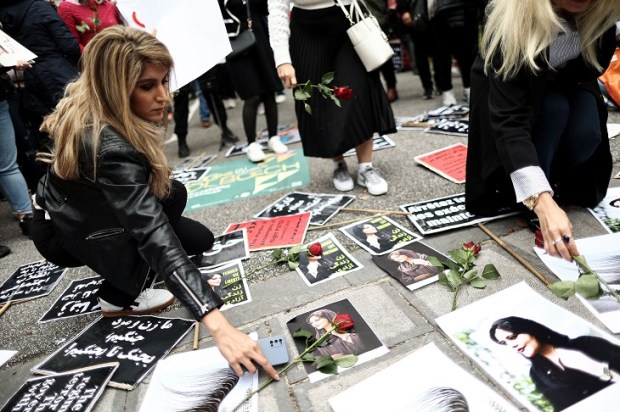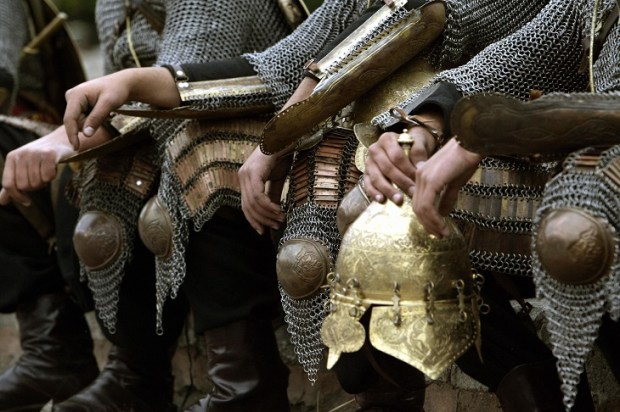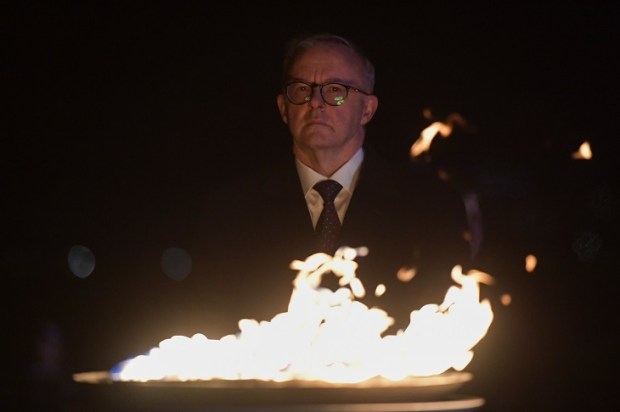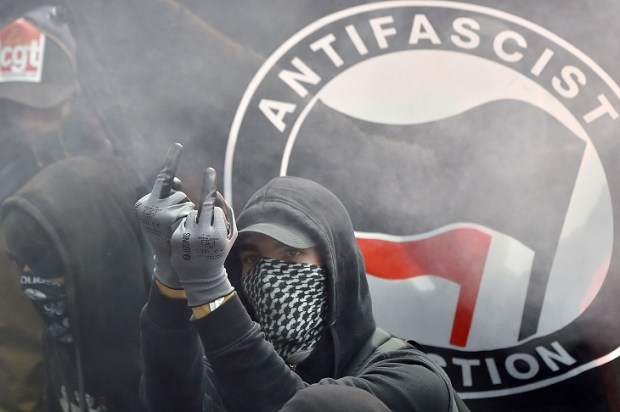South Africa looms large in the Western imagination. Not only as a country of strategic importance due to the commodities found within its territory, but also because its history forms a major component in the canon of the modern progressive religion which is taking shape. For this reason alone, South Africa’s descent towards failed state status under ANC rule merits attention, not least for the moral responsibility various actors inside and outside the country bear for this ongoing catastrophe.
It seems obvious to anyone watching that South Africa’s failures are the failures of a postcolonial, identity-driven ideology that is being mainstreamed in the English-speaking world, and that the 1980s struggles may have laid the foundations for this. Much of what has been said about South Africa at the time, with a view to condemning the entire history of European settlement of Southern Africa, has since been transferred to North America, Australia, and New Zealand with increasing ferocity. This includes a drive to delegitimise the history, symbols, traditions, and institutions of these countries as inherently racist with the only answer offered being to dismantle them wholesale.
Not that there weren’t any warning signs of this… When Glenn Babb served as South Africa’s ambassador to Canada, he was fond of pointing out that Canada – long a strident critic of Apartheid – effectively had no moral authority to criticise South Africa.
As printed in the Washington Post:
South Africa’s ambassador to Canada, often the target of demonstrations against his government’s policies, has fired back some carefully aimed shots at Canadians, accusing them of practicing racism at home while they decry apartheid abroad.
And:
Earlier, Babb had taken on Mulroney and other Canadian critics in an article in the Toronto-based magazine Influence entitled, ‘Blind Spots I Have Observed in Canada.’
“In the short time that I have been in Canada,” Babb wrote, “I have heard remarks in places like Regina and Edmonton denigrating Indians in a way that few South Africans would dare do toward black people in their country. When referring to Indians, some Canadians show contempt and a despair of change that I would rarely hear in South Africa, and in Montreal it is common practice to hear people ordering a taxi and specifying that it should not be driven by a Haitian.”
The same, of course, could have easily applied to the USA, Australia, and New Zealand. Babb even made visits to communities to prove his point.
Comments such as these came back to haunt Canada at a later time, when the emotional meltdown and self-hating spasm over residential schools took place in 2021 (whose claims have been brought into question). One wonders what would be made of the attempts by Canadian universities such as McMaster and Brock to introduce what I believe qualifies as a new form of segregation in the name of ‘diversity’.
Indeed it would seem much of the race-driven madness we are now seeing in the West was influenced by what has happened in South Africa: the ‘Rhodes Must Fall’ movement seeking to destroy European symbols and heritage in South Africa (something the late Nelson Mandela himself did not advocate), and the normalisation of hate speech, delegitimisation and dehumanisation of an entire section of the population. This is already seen in Australia and is likely to intensify if the ‘Voice’ referendum passes.
ANC-ruled South Africa is a state driven by Critical Race Theory ideology. The result has been economic decline, decaying of legacy infrastructure leading to electricity shortages, rapes and murders at a level exceeding war zones, and a general sense of decline around the country. The rioting and looting of 2021 did more damage than the Antifa/BLM-fuelled riots in America did the previous year. South Africa implemented CRT and DEI (Diversity, Equity, and Inclusion), elevating it into a creed of sorts, and the people are paying the price. A state that cannot provide for or protect its own citizens would meet the definition of a failed state. Another damning indictment of mismanagement is the running into the ground of the once reputable South African Airways, while Ethiopian Airlines has become Africa’s biggest and most successful airline.
The longer the trajectory towards collapse is allowed to continue under ANC misrule, the more catastrophic the consequences not only for South Africa but beyond its borders. South Africa already hosts a substantial migrant population from another postcolonial failed state, Zimbabwe. However, there is a silver lining under this cloud: ANC support fell below 50 per cent in the 2021 local election, and indications they may repeat this at next year’s national elections, which could lead to South Africa’s first coalition government. At the same time, organisations such as AfriForum and OUTA do work highlighting South Africa’s acute crisis and explore ways for people to solve their problems. That next year’s election is seen as a chance to save South Africa might motivate enough voters to turn up to throw the ANC out of office.
As Anglosphere nations are determined to repudiate themselves, South Africa’s existential crisis is a stark warning to those embracing postcolonial and identitarian ideologies based on racial grievance and codifying it into public policy. Let’s not make this mistake so that the next generation spends a lifetime trying to extract itself from it.


